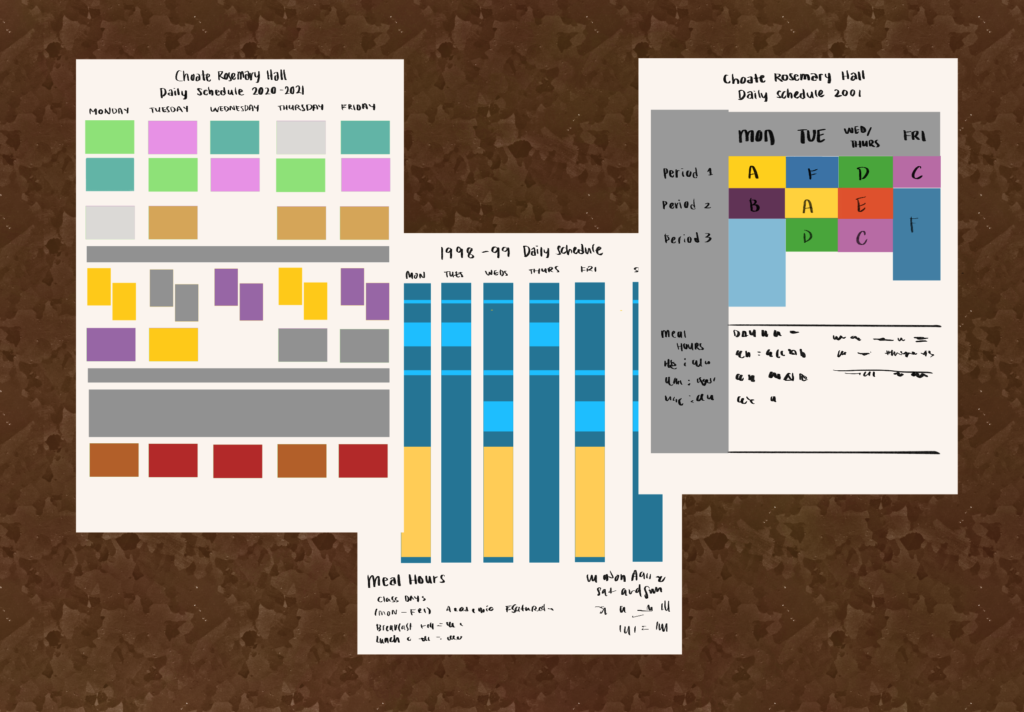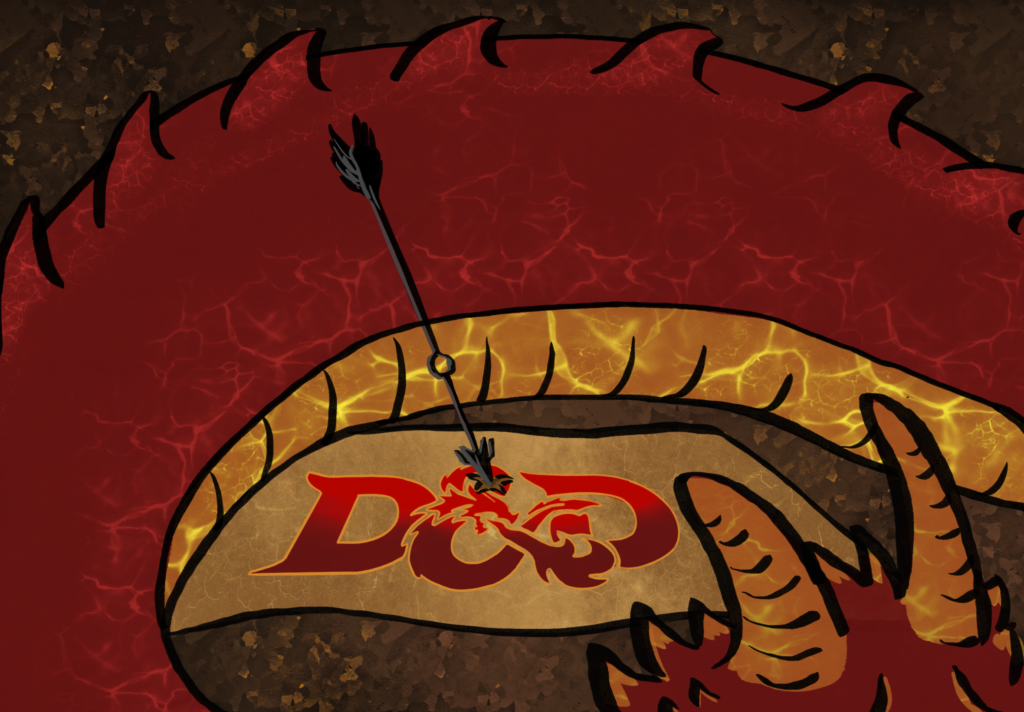This past Sunday, September 24, Organizing 101 was hosted in the Black Box Theater as this year’s first Nonviolent Direct Action Training. The workshop was a follow-up training session of How to Attend a Protest 101, which was hosted last spring. “Organizing 101 is a workshop designed to train those who would like to take action on an issue they care about in a nonviolent approach,” explained Ms. Ally Brundige, also known as Chappy B. “It helps students to learn the skills to be organizers, instead of simply being participants of an event.” The event was hosted by the Current Events Resource Group — Chappy B, Dr. Keith Hinderlie, Ms. Libby Peard, and Mr. Tom White. Through this event, the group sought to support and inform students in the current political climate.
The event was held by Ms. Camelle Scott-Mujahid, a Co-Founder and Training Director of Connecticut Community Organizing for Racial Equity (CTCORE), and Bishop John Selders, a Founder of Moral Monday CT. Ms. Scott-Mujahid is a member of People Against Police Brutality and has been active in New Haven’s Black Lives Matter movement. As the Training Director of CTCORE, Ms. Scott-Mujahid coordinates training and community building programs. She advocates collective action and is passionate about allowing leaders to organize. Bishop Selders is the Chaplain of Trinity College and a minister in the United Church of Christ in Hartford. He has conducted workshops in areas where race and oppression are prevalent, and he seeks to encourage solidarity between organizations and people of faith and conscience.
Organizing 101 started with an icebreaker that grouped people into pairs and gave each person two minutes to answer questions one at a time. While the person shared his or her experience, the partner was asked to actively listen instead of commenting or expressing opinions.
“We did this exercise because the most important aspect of activism is active listening and giving people opportunities to speak for themselves, instead of having others speak for them,” said Ms. Scott-Mujahid. “When other people speak instead of the person most affected by a particular issue, they may not get the accurate message across the public.”
After the icebreaker, the trainers presented about organizing an effective protest. They accentuated that the organizers have to have a reason and a specific goal before they start protesting. “Whatever the reason is, make the message of the protest clear and share it among your other organizers or leaders,” emphasized Ms. Scott-Mujahid, “because protests tend to get hectic very quickly, especially when the police gets involved, and it’s a good idea to have one of the leaders as a spokesperson.” Next, the organizers would work on logistics: a form of the protest, time, date, place, and more. The trainers recommended having medics and marshals during the protest, to prepare for potential violence and injuries during the protest.
When asked about organizing protests at Choate, Bishop Selders said, “It’s quite similar to the steps that we discussed earlier. First, find and analyze an issue that you feel passionate about and build your team — whether it be a few of your friends or teachers. Second, talk with an authoritative figure — in this case, your teachers, deans, advisors — to decide on logistics and safety. Third, give yourself some time to sort out those logistics: time, date, place, advertising, whether you want to do rallying, march, or civil disobedience, and many more. You will have to have many conversations with your fellow organizers to have this step done. Fourth, get ready, go out and protest!”
The event ended with an invitation to apply to CTCORE-Organize Now! trainings on October 14 in New Haven. The trainings will focus on activism and organizing protests effectively. Bishop Selders also invited students to join the Rally for Racial Justice on this coming Sunday, October 1 at 2 p.m. in Hartford. If anyone is interested in participating in these programs and events, they can contact Chappy B for information.
“We often see protests in the media and think of them as a solitary occurrence, but often protests are products of long campaigns of planning, meeting with people of power, and negotiations,” said Chappy B. “The principles, answers, and solutions of nonviolent direct actions lie in the room with the people who are most impacted.”




